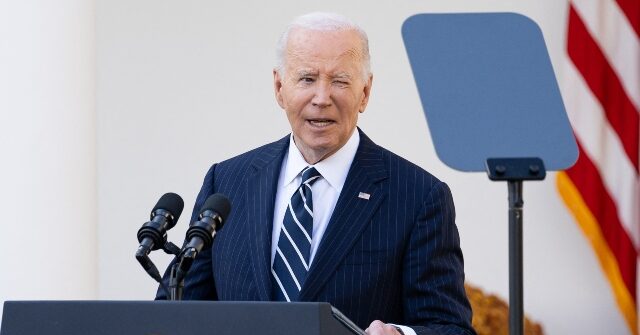Federal agents executed a raid on the Manhattan apartment of Polymarket CEO Shayne Coplan, seizing his phone and electronic devices just a week after the prediction market correctly forecasted Donald Trump’s impressive victory in the 2024 presidential election. According to the New York Post, the FBI’s actions have raised questions surrounding their motivations, as Coplan reportedly received no explanation for the seizure. The circumstances have led to speculation that the raid may be politically motivated or even a form of retribution toward Polymarket for its accurate prediction, which contradicted traditional polling data that suggested a different outcome.
Sources close to the situation have described the government’s actions as “grand political theater,” suggesting that the FBI’s motives could be influenced by recent reports from left-leaning media outlets that have accused Polymarket of market manipulation. Despite these allegations, a spokesperson for Polymarket emphasized the platform’s commitment to transparency, asserting that it allows all market data to be publicly available and scrutinized by observers worldwide. The incident exposes a tension between governmental authority and innovative platforms like Polymarket, which leverage market prediction models that can challenge mainstream political narratives.
Interestingly, Coplan was neither arrested nor charged during the raid, which he humorously addressed on social media by posting, “New phone, who dis?” Following this lighthearted reaction, he criticized the Biden administration in a subsequent tweet. The absence of formal charges and the playful tone of Coplan’s response suggest a complex situation where political motivations may overshadow legal rationale. The fact that Polymarket is not technically operational in the US but remains accessible via VPN adds further layers to the scrutiny surrounding the platform, enhancing the intrigue in its interactions with federal authorities.
Polymarket has faced regulatory challenges in the past, including a significant $1.4 million penalty from the Commodity Futures Trading Commission in 2022. This fine was a result of the platform’s failure to register with the agency, which subsequently forced Polymarket to halt trading for US users. Given this history, coupled with Coplan’s and Polymarket’s ties to prominent Trump allies—including financier Peter Thiel—the raid might also signal governmental attempts to reassert control over a burgeoning sector seen as operating outside traditional regulatory frameworks.
Amidst the political controversy surrounding the raid, a French trader known as “Théo” has emerged as a significant figure in the Polymarket community. Théo reportedly placed a staggering $30 million in bets on the platform, focusing on Trump’s electoral success. As the election results came in affirming Trump’s victory over Vice President Kamala Harris, Théo reaped approximately $48 million in total profits from his multiple accounts, solidifying his position at the top of Polymarket’s earnings leaderboard. This level of success in the prediction market exemplifies both the platform’s impact and the incentives it provides to high-stakes bettors.
The events surrounding Shayne Coplan and Polymarket encapsulate the intersection of politics, finance, and technology, revealing how innovative trading platforms can directly influence public perceptions in political landscapes. As speculation continues about the motivations behind the FBI’s actions and the future trajectory of prediction markets, the situation highlights a complicated relationship between emerging technologies and established regulatory frameworks. The fate of Polymarket might serve as a bellwether for the future of similar platforms as they navigate the challenges posed by political scrutiny and regulatory oversight in an increasingly digital world.

